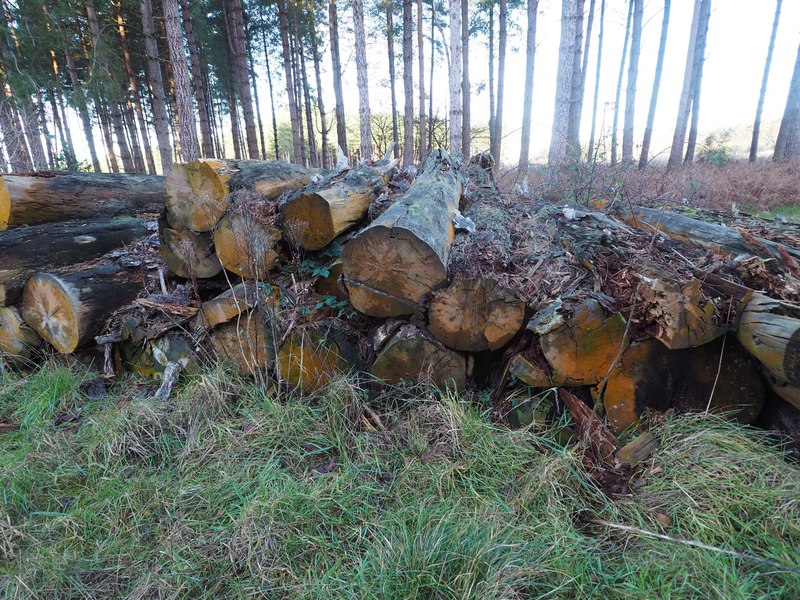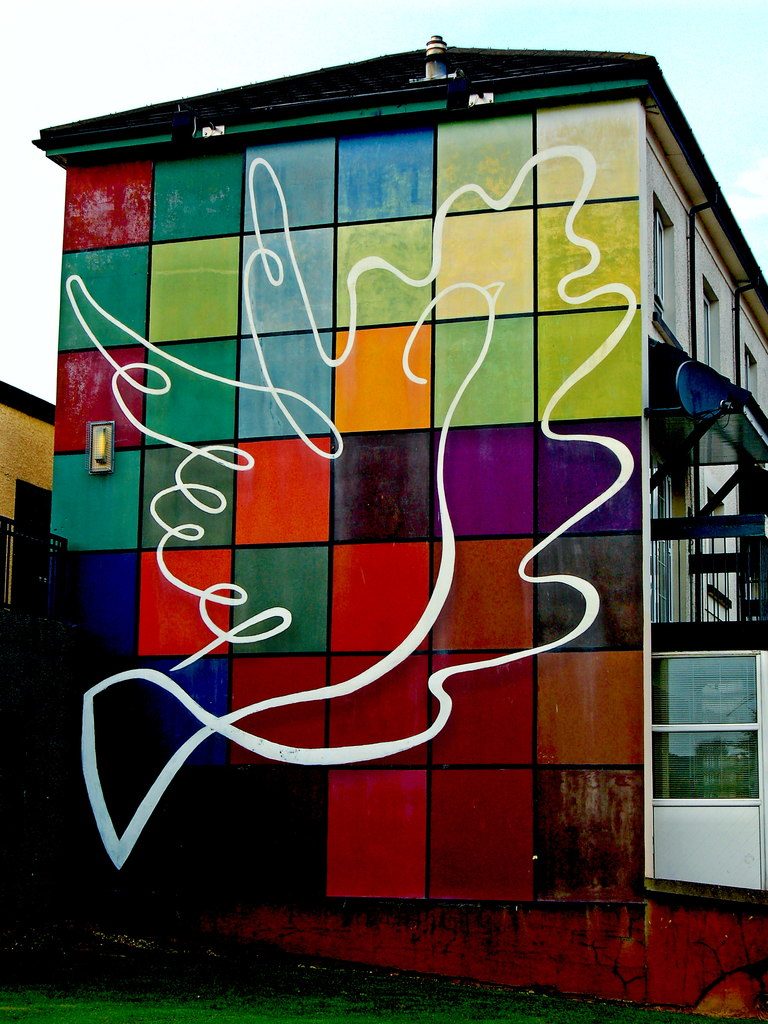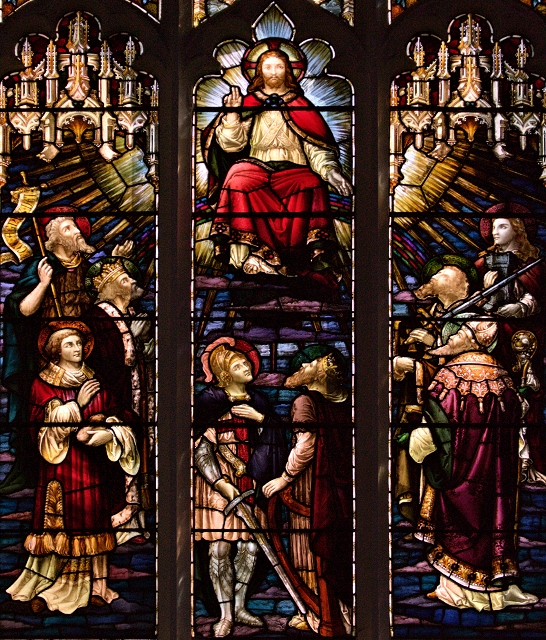Today’s hymn from Sing Praise is a well known one, “Great is thy faithfulness”. As John pointed out in his video, it is not as old as the use of “thy” might suggest – he said 1950s although the copyright in the book says “Words © 1923 renewed 1951”. The author, Thomas Chisholm, was born in 1866 (just after the Civil War) and died in 1960; he therefore composed this not long after the horrors of the Great War, and renewed the copyright after the second War in his 90s. This suggests an optimistic faith in God that survived a long and eventful life. His brief biography on Wikipedia tells us he was born in a log cabin in Kentucky, found faith in his twenties, and only worked one year as a Methodist minister before turning his ministry to poetry and songwriting, for which he is presumably far better remembered. Let that be a lesson to anyone who thinks the ordained ministry is necessarily the best way of serving our Lord (but no criticism of your parish ministry intended, John!)
The theme of the hymn’s words is God’s unchanging nature, and especially his mercy and compassion. The second verse, “summer and winter, and spring time and harvest, sun, moon and stars in their courses above” poetically encompasses all the times and seasons of life, its joys and sorrows included. Perhaps he had those various wars in mind when he wrote these words. The third verse sings of “pardon for sin and a peace that endureth”, the heart of the Gospel preached by Moody whose evangelical movement influenced Chisholm, and Billy Graham who used it in his crusades.
The final words are “blessings all mine, with ten thousand besides”. That number seems to crop up in various places in hymnody – the “ten thousand years” of Amazing Grace, and “ten thousand reasons” in a more modern worship song. There is no one obvious source for this in the Bible, where the number usually represents an army of soldiers or a large sum of money; there is however a reference to us having “ten thousand guardians in Christ” (1 Corinthians 4:15) which may lie behind these uses of the number.




